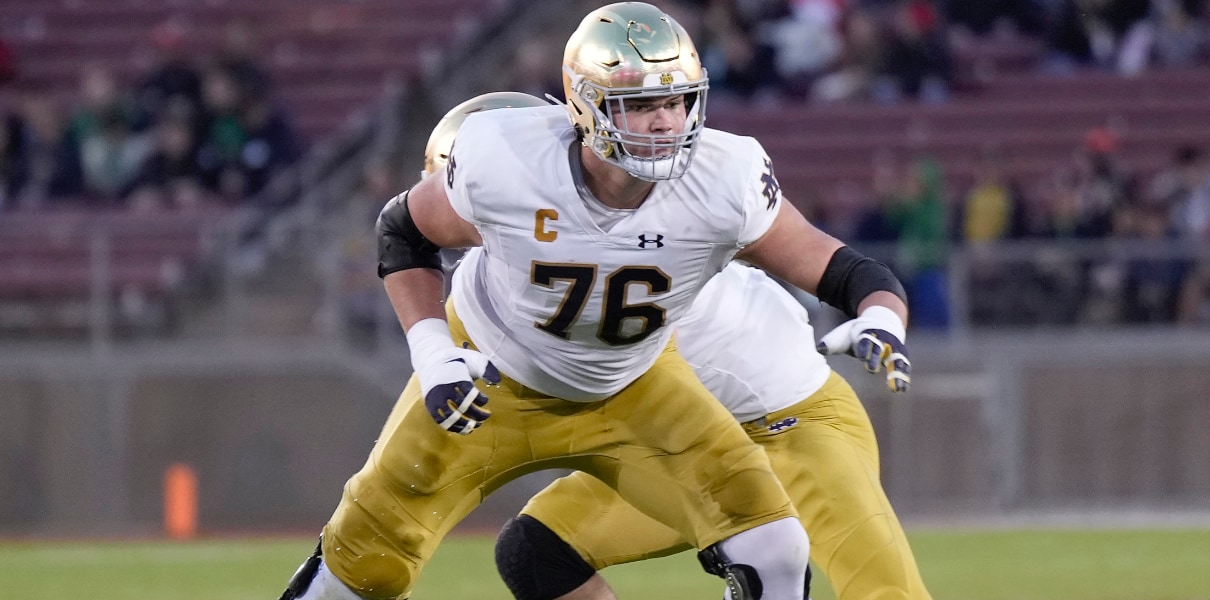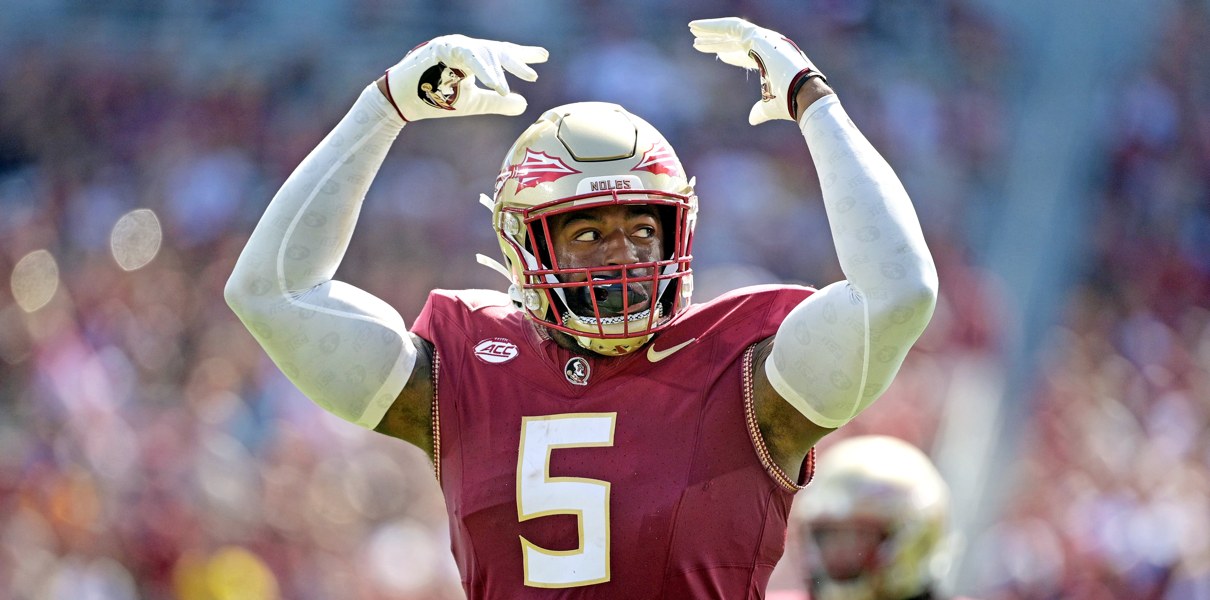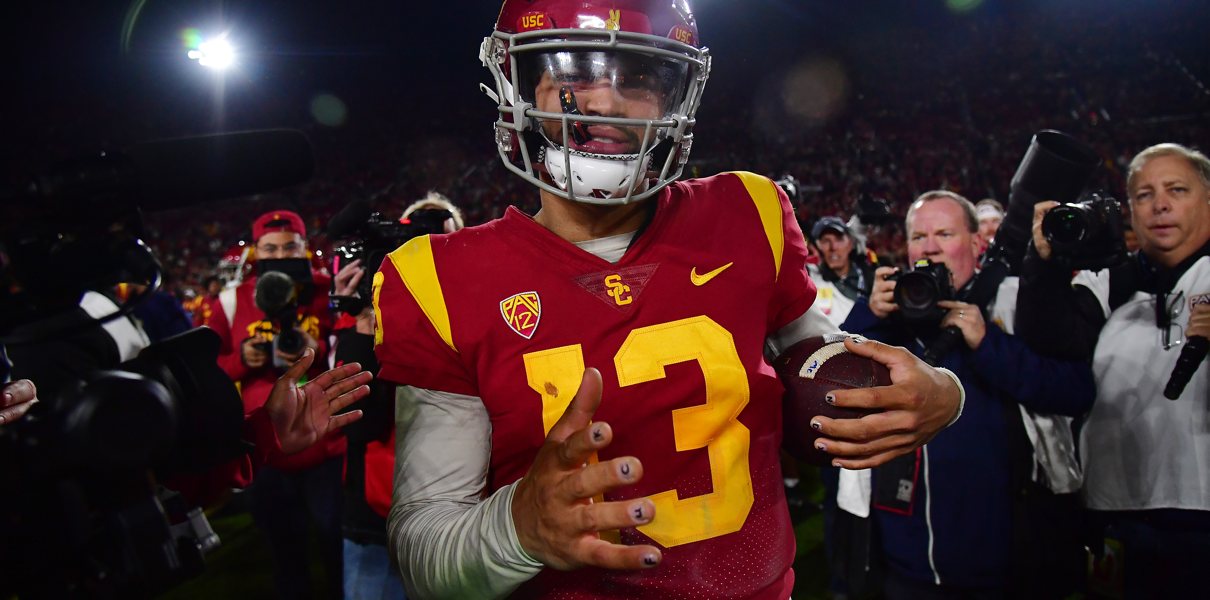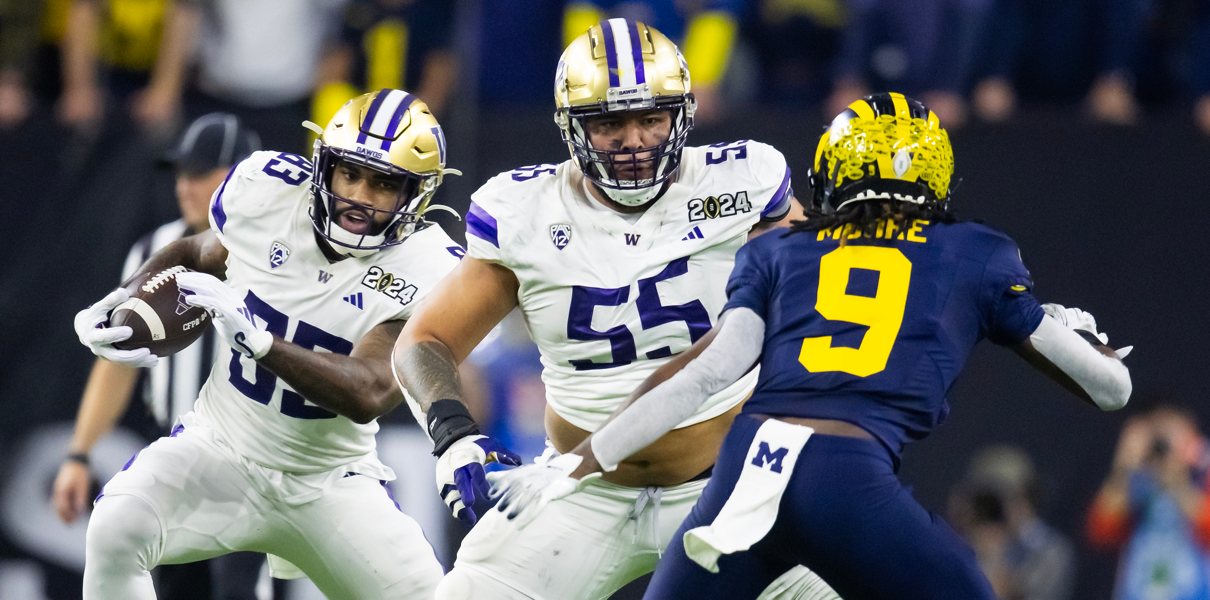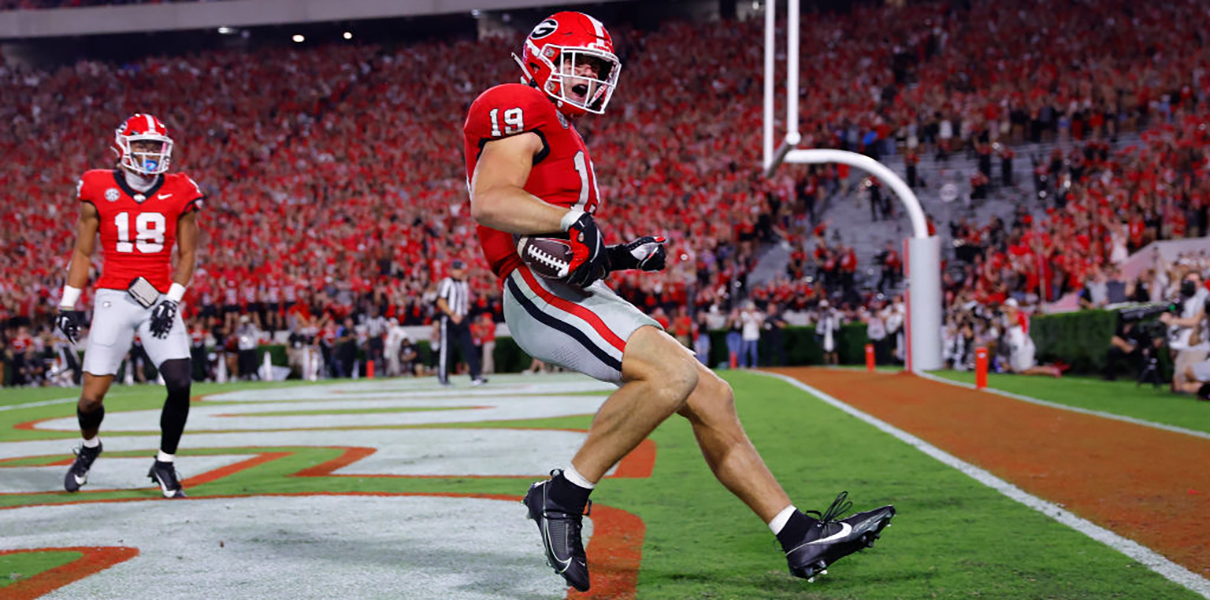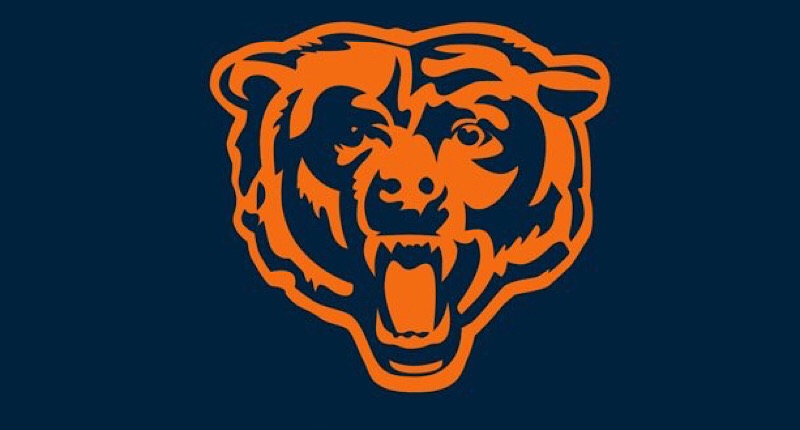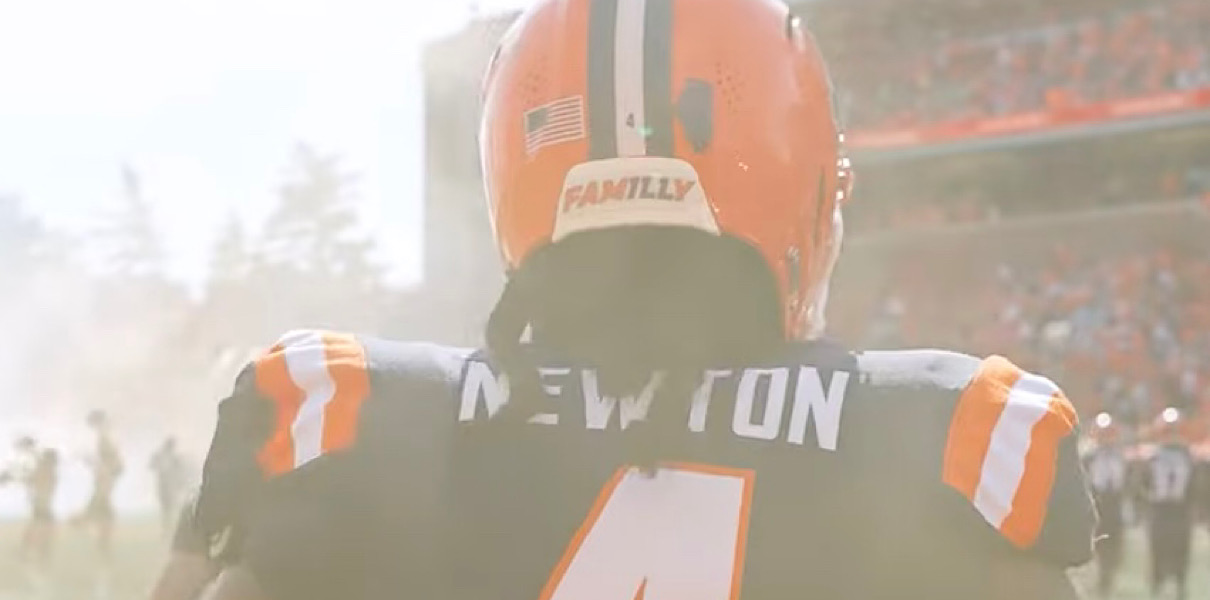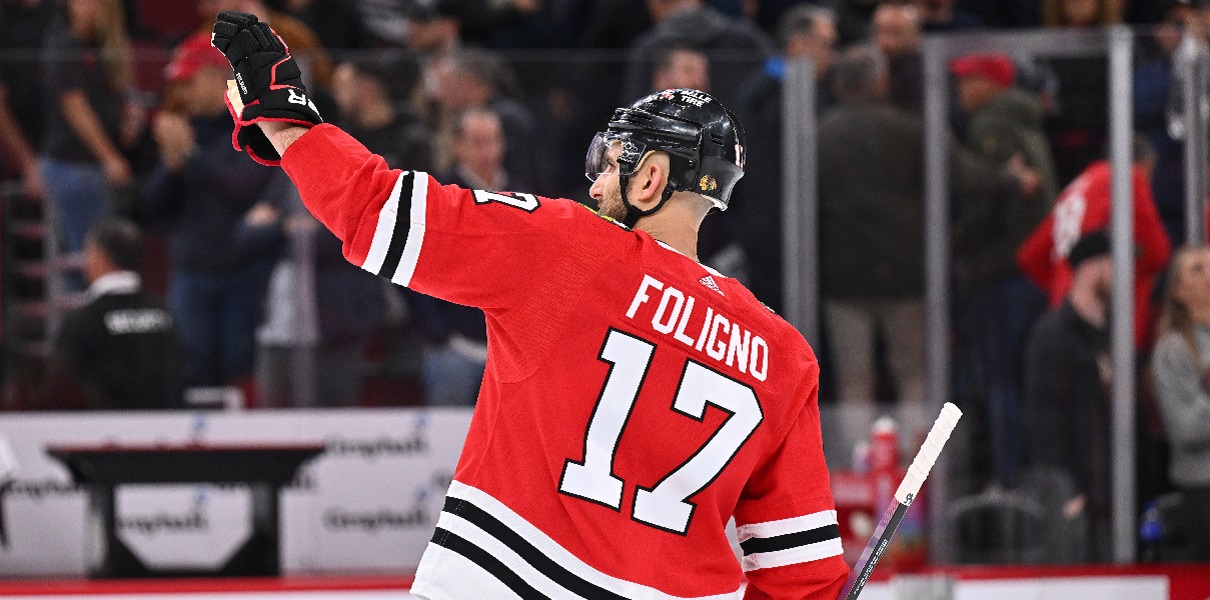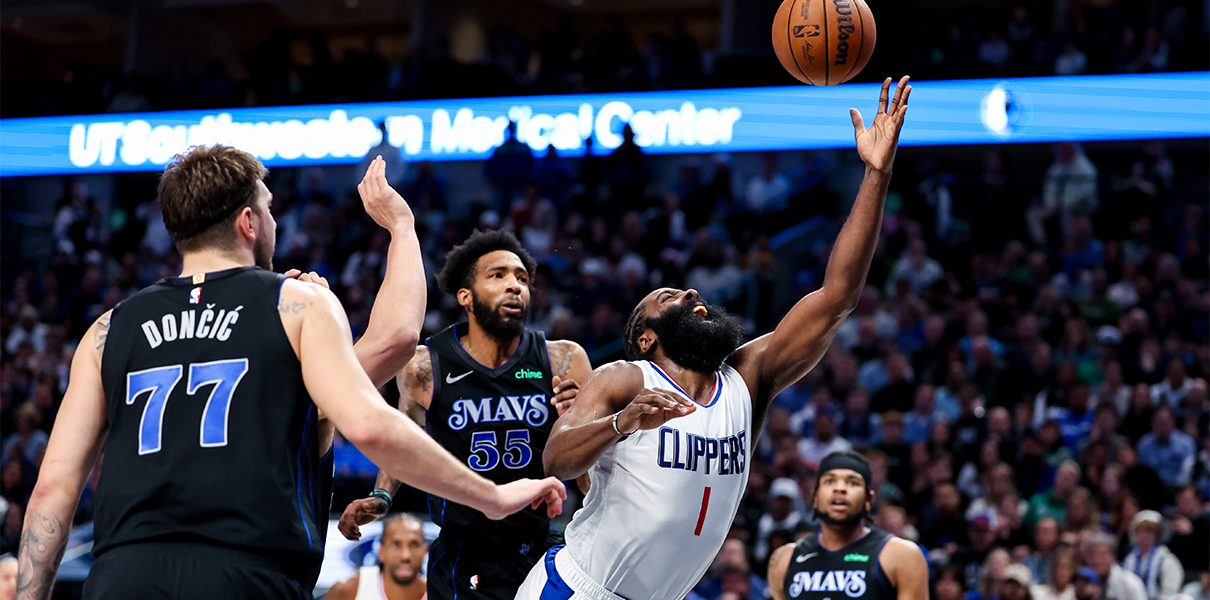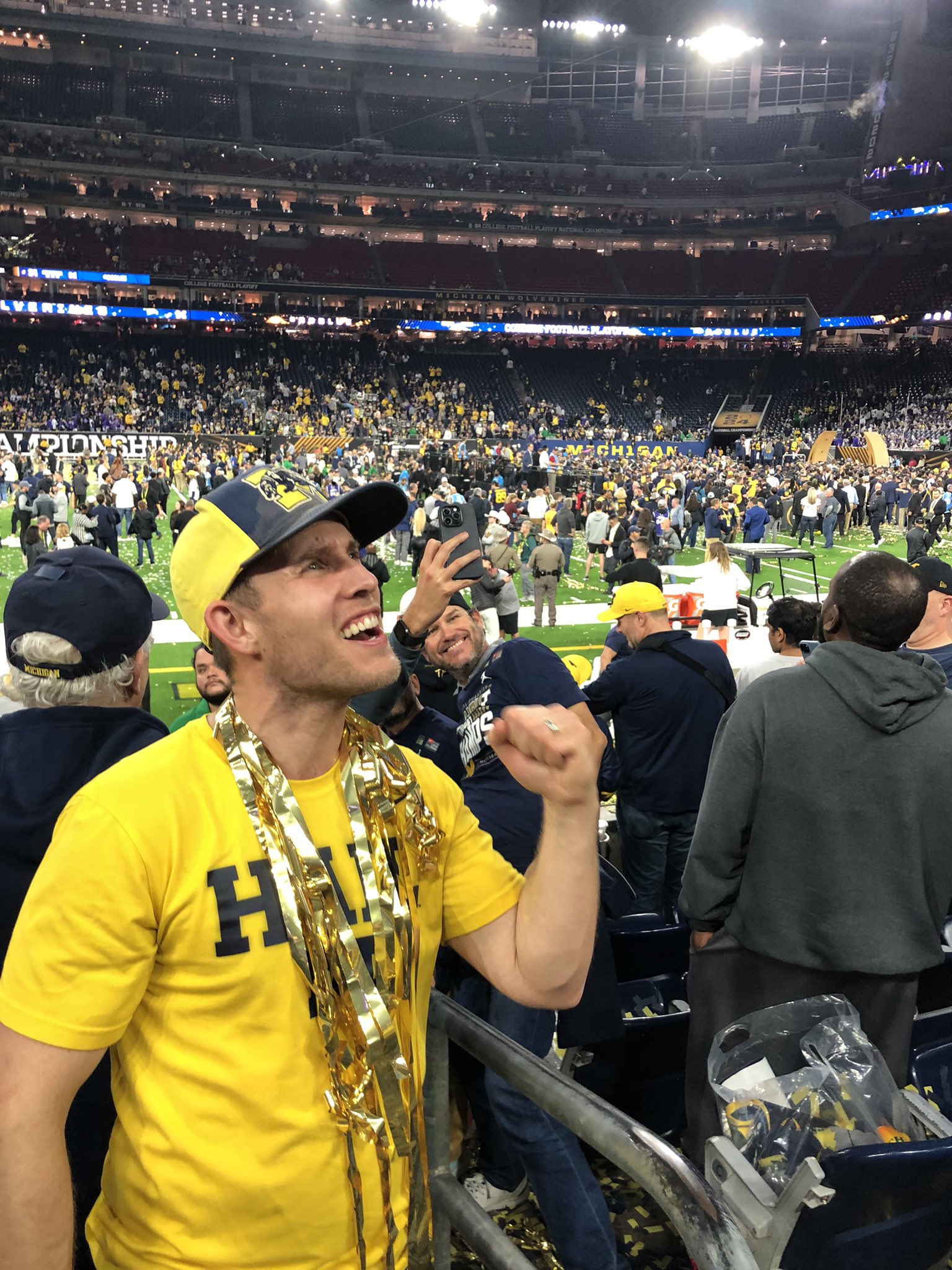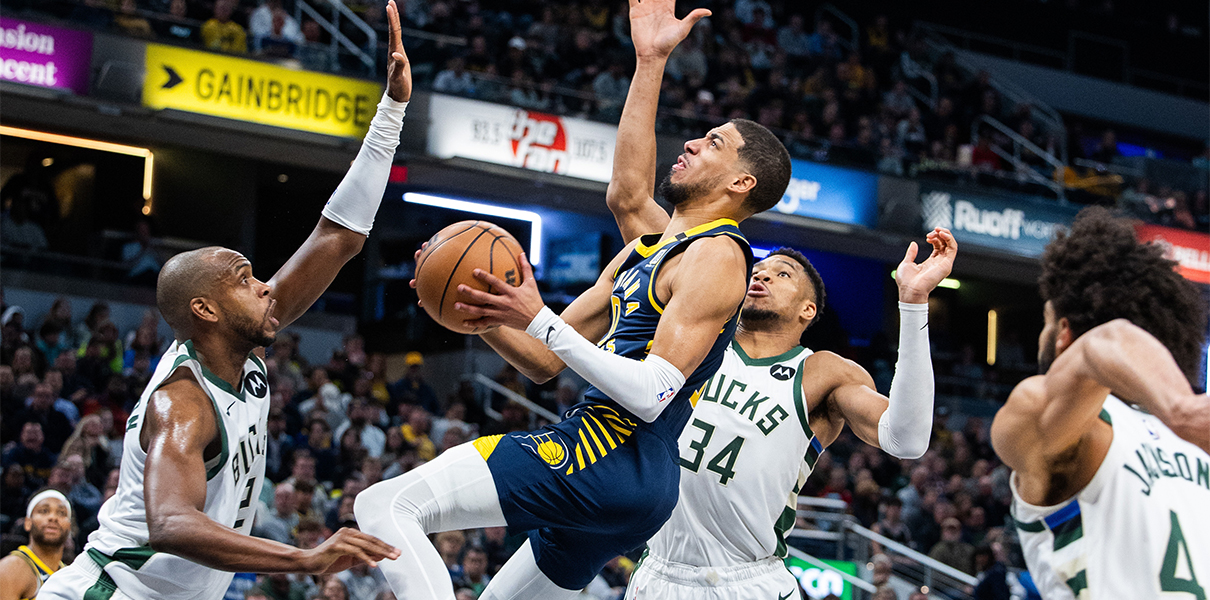I can’t front. Much of my Bears-fueled angst this morning is rooted in spending three hours watching the Bears putz around when one of my favorite Cubs ever was getting a worthwhile send-off in his last home game at Wrigley Field:
I hope the Cubs find a way keep Willson Contreras around. The NL adding a DH offers a path to keeping a player like him fresh, healthy, and productive. And I can see him aging well into a DH/LF/1B role too, if he so chooses. Admittedly, I’ve waffled on this topic over the last few years. You can call it flip-flopping if you want. But I’ll call it an evolving opinion based on a willingness to keep an open mind. I should be a politician.
We often talk about football as a game of inches. But really, it is a game of moments — each more important than the previous. And when you look back on it, you often see that the difference between winning or losing isn’t just one player. Don’t blame ONLY the missed blocking assignment that sets off a domino effect that ultimately ends in a QB fumble and eventual Giants touchdown. Or a player whose series of misplays gave 40+ yards worth of gains from costly penalties and missteps leading to another Giants scoring drive. And don’t put it all on a muffed punt here by a rookie making his regular-season debut.
It wasn’t so much that any one of those singular moments cost the Bears a win as much as it was that each failure loomed larger as the game went along. The crescendo kept hitting. And it really puts yesterday in perspective. The game day execution by the players needs to be better, but it is clear that the prep work (which begins with coaching before it even gets to the players) needs to be sharper, too.
Let me frame the conversation about the difference between winning and losing in the wake of yesterday’s Bears loss in this way: The Giants are the surprise 3-1 team with a new head GM-head coach tandem that has their arrow pointing up despite clear talent deficiencies at notable key positions. Meanwhile, the Bears are the 2-2 team with a GM-head coach tandem with more questions than answers due to the clear talent deficiencies at notable key positions.
To put yesterday’s loss into a different perspective, FiveThirtyEight had the Bears’ chances of making the playoffs at 27 percent. Losing to the Giants sunk those odds to 14 percent. Meanwhile, the Giants, who were also 2-1 entering Sunday’s game, saw their postseason odds shoot up to 35 percent. Again, so what’s the difference between winning and losing? Apparently, it’s 21 percentage points in the postseason odds calculator.
At least Justin Fields played better on Sunday? That doesn’t mean he was good, but Fields was better than the bad he was the week before. An inch of progress still counts as progress. Let’s not lose sight of that.
However, I don’t love that I am feeling better about Fields this week than I did last week after a game in which he threw no touchdowns, completed just 50 percent of his passes, and didn’t even get to 200 passing yards. Ick.
Stats like these are why I bang the table hard for offensive line upgrades:
Coachspeak works both ways. When the Bears win, it’s a team effort where the whole of the parts became more than sum of its individual pieces. And that sentence is applicable when they lose, too. As Chris Emma (670 The Score) writes, the Bears fumbled the bag in all three phases of the game. You can make it four if you want to add coaching.
One week after experiencing a “Team Win,” the Bears had themselves a “Team Loss.” But you can grow and develop in either case. Maybe it’s easier to teach after a win. But a loss like the one the Bears suffered on Sunday can have value, as well. Falling painfully short can serve as a great motivational tool. I hope that Matt Eberflus and his staff are up for the challenge.
Zack Pearson (Bear Report) nails it when he writes about how settling for field goals in the red zone isn’t a recipe for winning games. And it should be one of the big takeaways from this game for this staff. The margin of error for these Bears is so thin that I’m willing to eat the risk that comes with pushing it harder in the red zone in an attempt to max out scoring. The Bears had four scoring drives and no touchdowns. Imagine how we’d be feeling had the Bears scored touchdowns on 50% of their red zone trips instead of 0%. Eberflus and Luke Getsy spent a chunk of time last week framing their conservative offense as doing what’s best to win that particular game. But they also didn’t do what was necessary to put the offense in advantageous red zone situations to score touchdowns. That’s just odd to me.
I didn’t expect the Bears to be great. And I knew there was a clear path to disappointment, even after beating the Niners in Week 1. But coming into this year, I was not expecting such a boring brand of football. Rebuilding is a necessary evil. And losing stinks. But losing while playing an uninspiring brand of ball can wear on a fanbase. We’re only four games into the season. Things can change for the better. But the early returns of a .500 record and a style of play that feels like it is draining your Bears battery can be a drag.
Not gonna lie. This was fun to watch in real-time:
Let me be clear. Being an early in your career head coach or lead play caller isn’t an excuse to be overly conservative by nature:
I wasn’t watching the Jaguars-Eagles game closely, but Nick Sirianni is a second-year head coach/play-caller pushing things. And while the talent on his team might give him the confidence to do so, but that he still does it is what’s key.
This is why I find it important to keep an eye on what’s happening around the league. There is value in seeing what the Bears do through the lens of what their contemporaries are doing (even if what you’re looking at isn’t all that pretty). Unfortunately, the ugliness drives me to Twitter threads like this:
As a Chicago sports fan, the feeling of why is watching my favorite team so starkly different than that of watching modern and competitive teams so different that it’s like they’re playing two different sports has been omnipresent in recent years. So I felt it was a good time to contextualize the Bears’ situation through that lens. You can read the entire thread here if you’d like. Maybe click that like-heart if there is something you vibe with as a fan.
But, hey, at least the Bears have a kicker? Jason Lieser (Sun-Times) writes about Michael Badgley’s journey from trying out on Friday, signing on Saturday, and going 4-for-4 on kicks in Sunday’s loss. The Bears carried an emergency kicker last year and in the COVID-altered 2020 season. It might serve them well to keep Badgley on board. Who knows? I’d hint at Badgley’s emergence possibly allowing for the Bears to trade Cairo Santos to a kicker-needy team at the trade deadline if I didn’t already know that the NFL Trade Deadline doesn’t really operate like its MLB counterpart. But what if it did?
Grading the rest of the team outside of the kicking game isn’t for the faint of heart. Josh Schrock (NBC Sports Chicago) does so, giving the Bears passing offense, rushing offense, run defense, and special teams grades that my mother would’ve been greatly disappointed in seeing. If only the Bears were better in just one of these facets of the game, they could’ve won. I hope it sticks with them for a while. Especially if they can grow from it.
Sunday’s slate wasn’t all dull and lifeless. Waiting all day for Sunday night paid off in watching Patrick Mahomes do stuff like this:
Having friends who are UW alums who put it on my radar about how it was no accident that the Badgers fired their football coach during the fourth quarter of a Packers home game that was tied in the late stages. We had a good chuckle about it. (ESPN)
At least we’ve got some revenge games to look forward to next week:
I know it’s the preseason, but…
I’m hooting and hollering over here:





